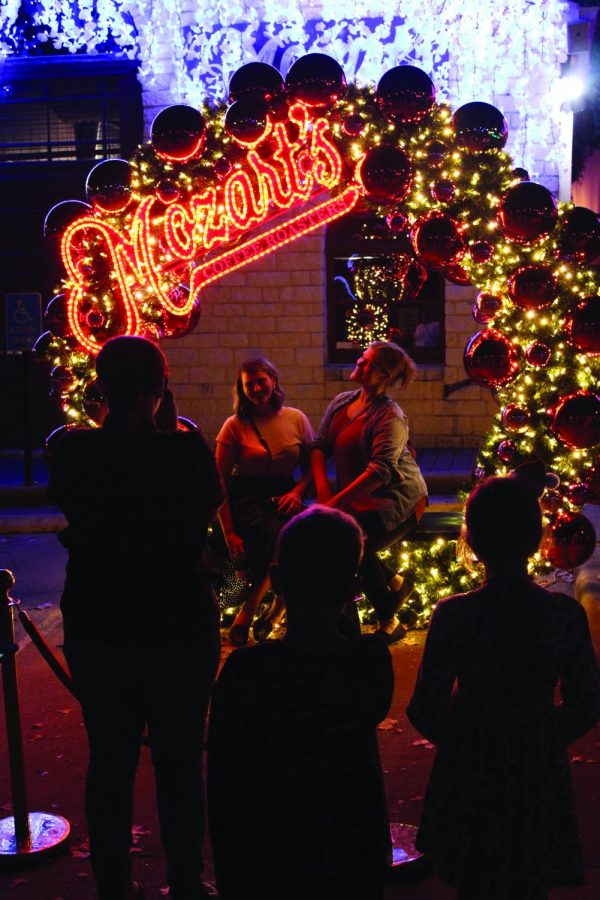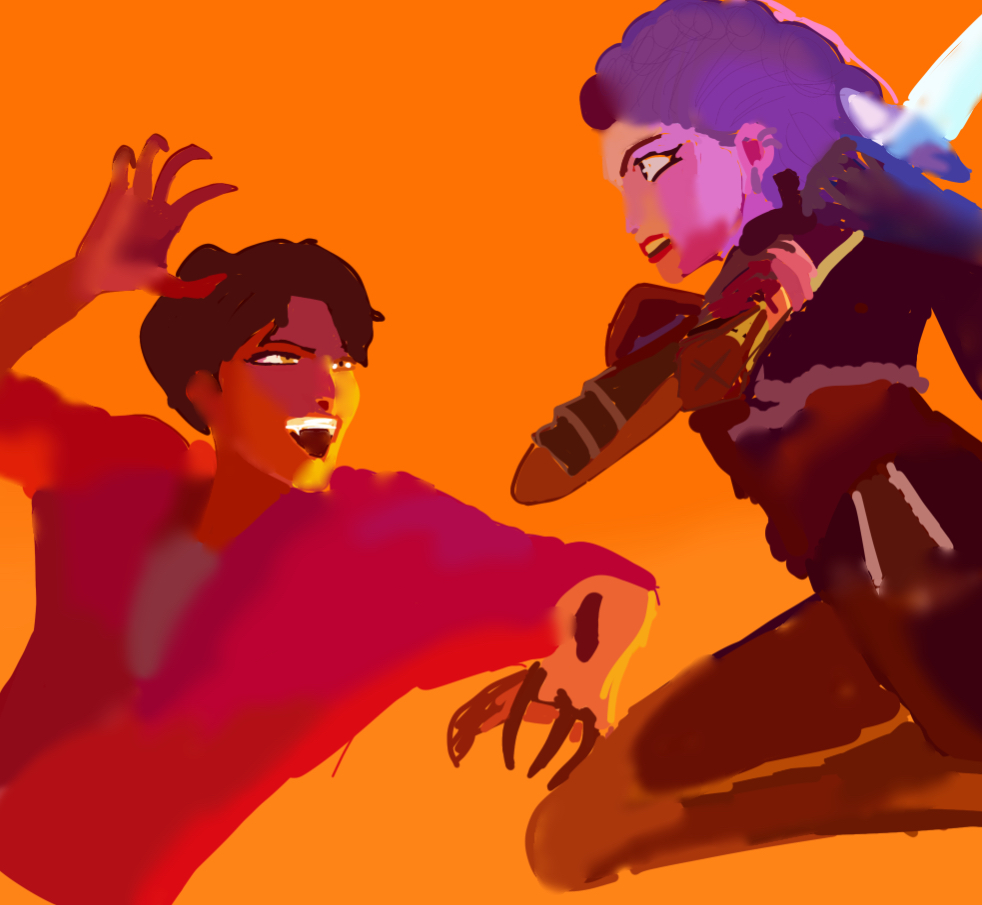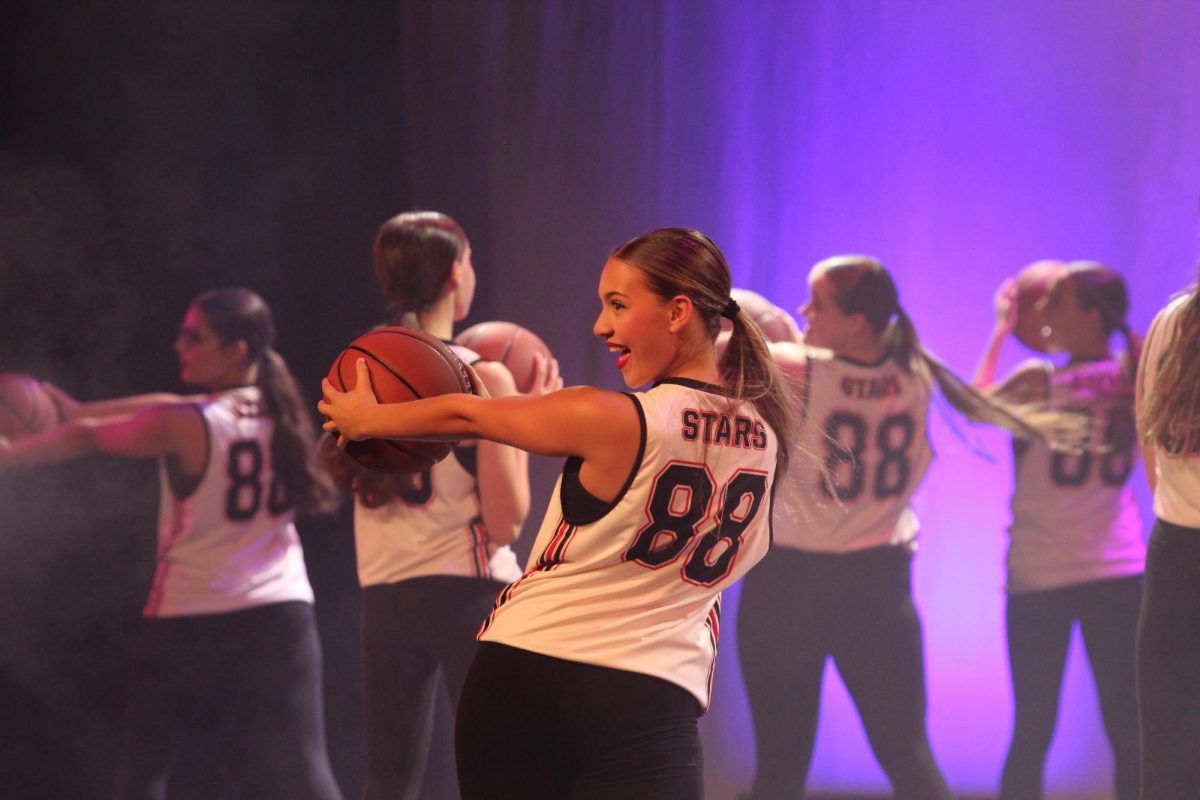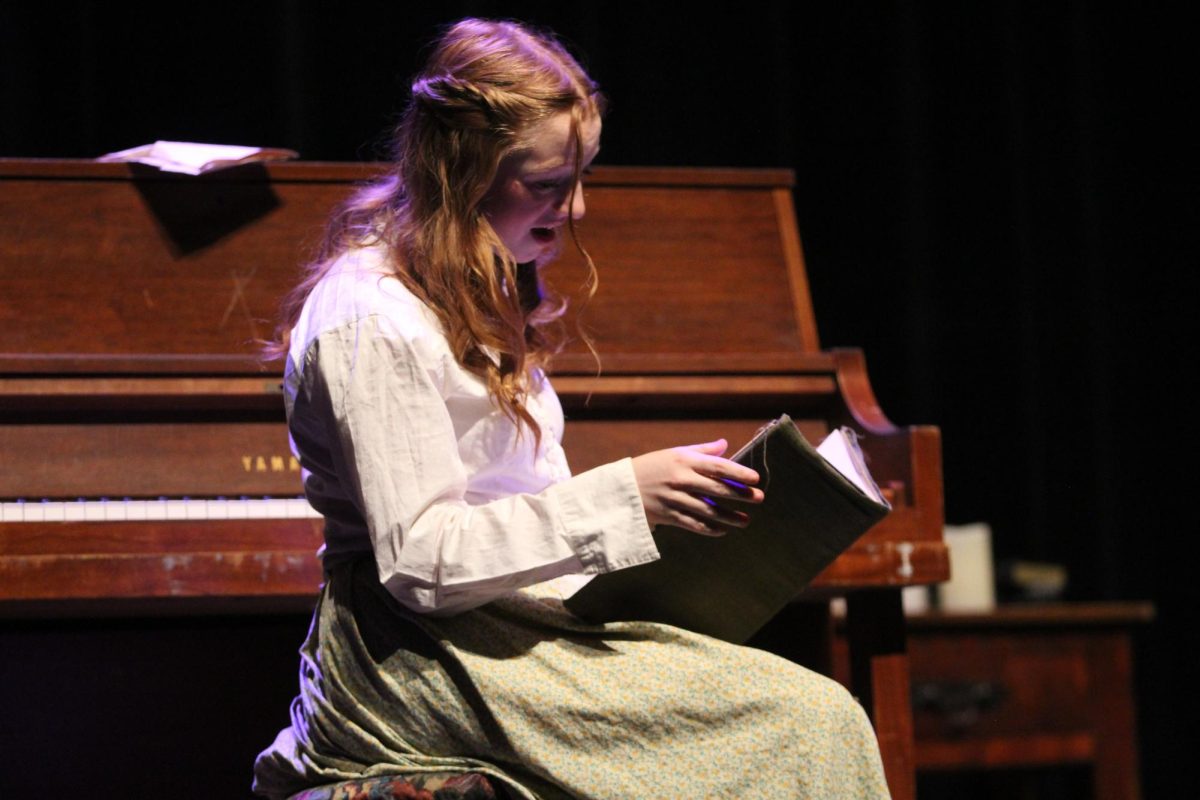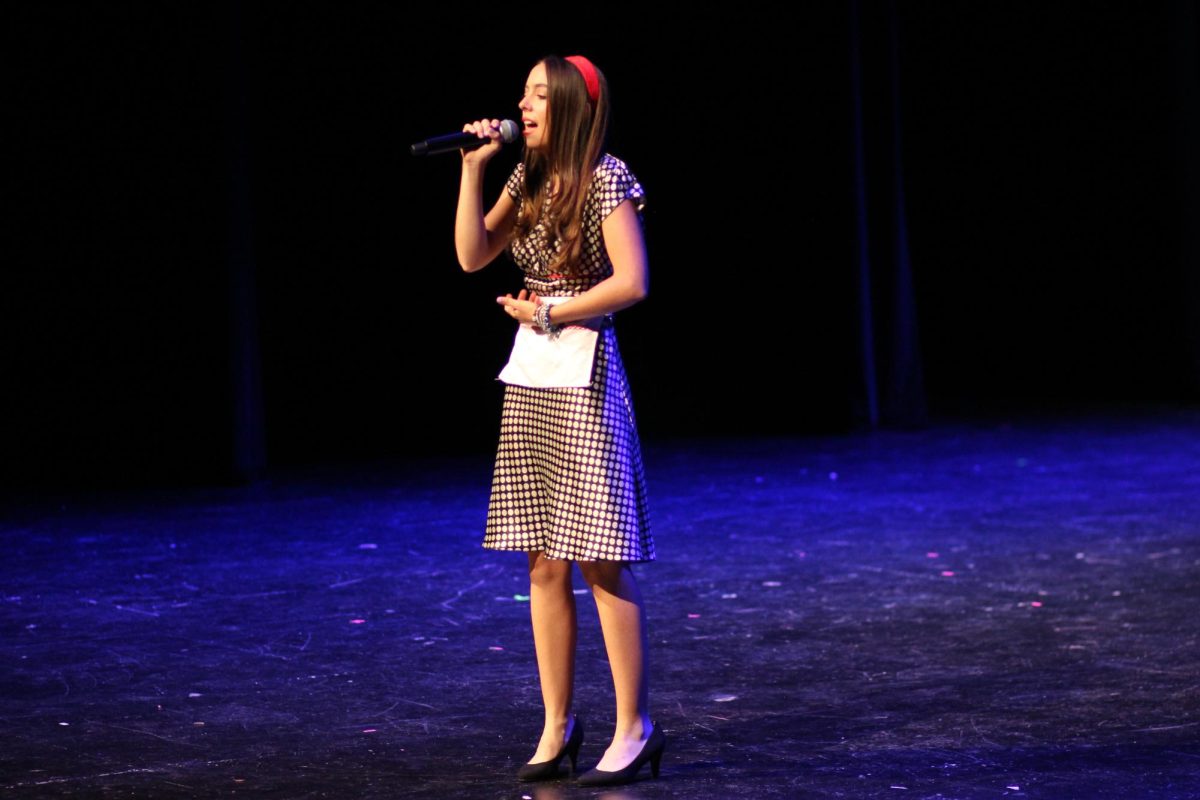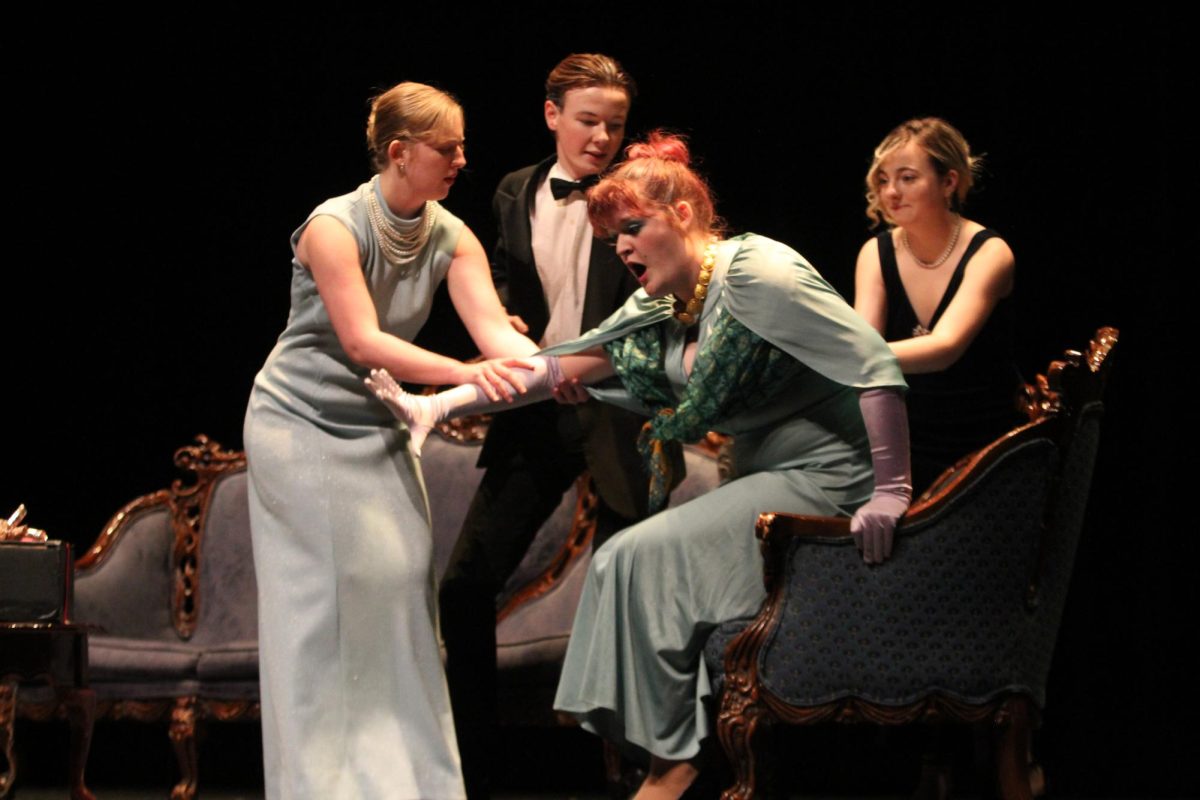Every November, Bowie’s Starlight Theatre Company (STC) starts rehearsal for the main-stage musical, it is the largest production the company puts on with a cast of 80+ students. This 2024-25 season, the STC will be producing Mamma Mia, and as rehearsal’s start, the cast will learn the music.
The students first learn songs as a small group before combining with the rest of the cast. Part of this learning structure includes vocal checks, this requires each individual to sing their part solo for the directors. Many students are debating over whether or not vocal checks are more helpful or hurtful to the process as we prepare for shows.
I believe vocal checks are necessary and beneficial to the learning and preparation of a musical in an educational setting like the STC. The main-stage musical includes 80+ performers, who are split into five vocal groups with about 16 students in each group. This creates a very difficult task for the directors as we learn music, because when there are so many voices it can be difficult to notice a student’s individual mistake.
Vocal checks give the directors an accessible way to keep up with the large company, so that they can hear each individual sound contributing to the overall sound. Vocal checks also offer the opportunity to each performer to get individual feedback from the directors.
Students can benefit more from one-on-one critiques than feedback given to the whole group, because the critiques are more personalized to the student. The improvement across the board in each individual performer will raise the overall quality of the music being produced in the musical.
Another benefit of vocal checks is the accountability it builds among students. A vocal check pushes a performer out of their comfort zone so that they can no longer hide behind their cast members. Therefore, the vocal check process helps ensure students know their individual parts confidently, are practicing at home, and forming self critiquing skills.
While keeping these positive effects in mind, it is understandable why vocal checks may turn away prospective musical performers. Vocal checks can cause anxiety among students who are not confident in solo performances and may turn away new performers who are not yet comfortable with the STC directors.
That said, the positive qualities brought to the table by vocal checks outweigh the negative impression formed by some students. The inclusion of vocal checks into the rehearsal process is beneficial for all performers and directors, and is necessary in creating high quality performances.





